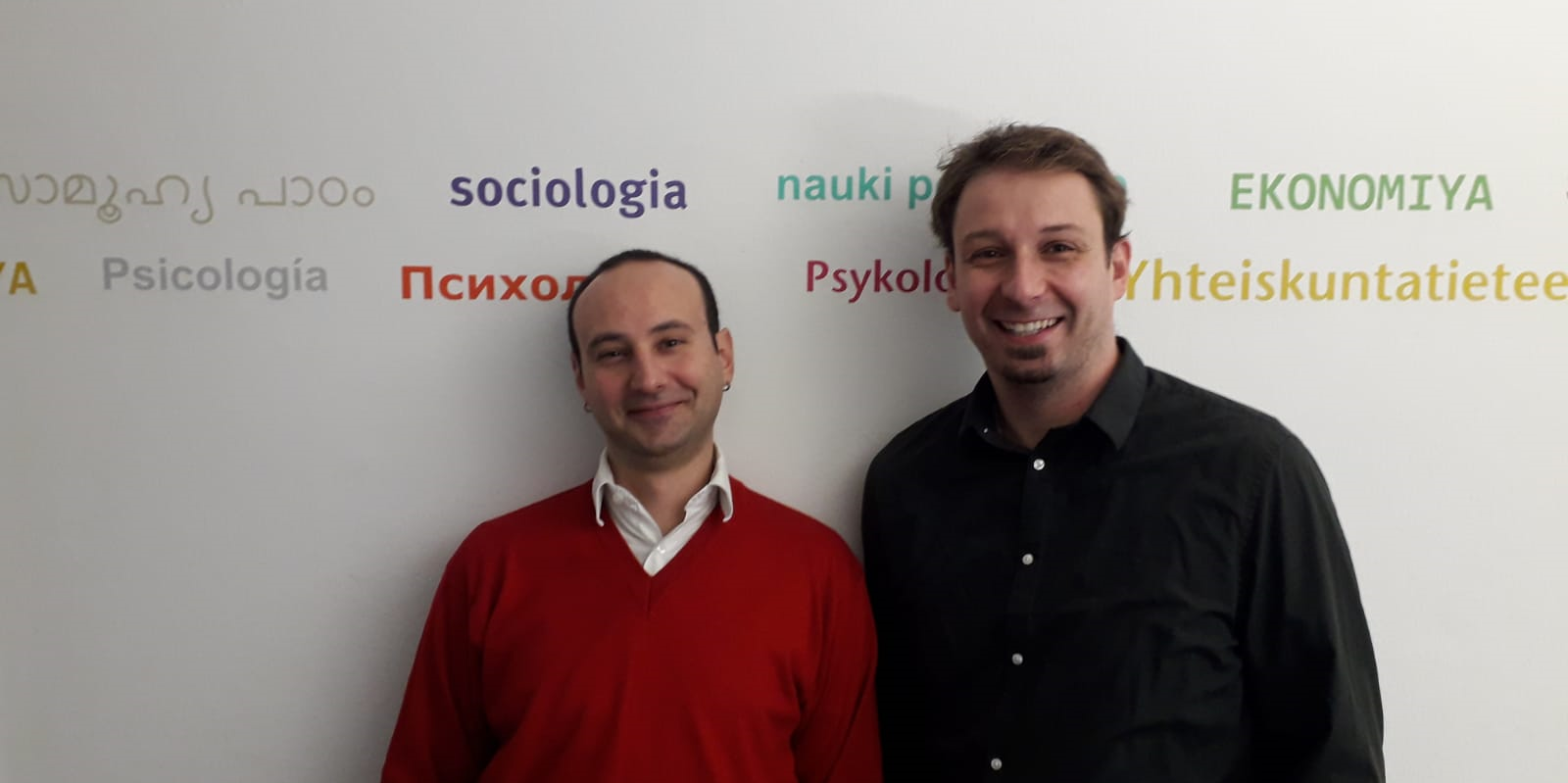"Populist Attitudes and Political Engagement: Ugly, Bad, and Sometimes Good?" › view all
15.10.2019
New Article by M. Murat Ardag and Steffen F. Bandlow-Raffalski
BIGSSS visiting researcher M. Murat Ardag and interim BIGSSS academic coordinator Steffen F. Bandlow-Raffalski published a new article on "Populist Attitudes and Political Engagement: Ugly, Bad, and Sometimes Good?" (2019) with co-authors Bruno Castanho Silva, J. Philipp Thomeczek, and Levente Littvay. The article was published in Representation - the Journal of Representative Democracy.
You can access the article "Populist Attitudes and Political Engagement" through the journal's website.
Abstract:
Representation failures are one of the main reasons for the emergence of populism in contemporary politics. Mainstream parties’ convergence towards the centre left parts of the electorate to feel underrepresented. Populists are successful when they engage apathetic voters. In this sense, populism is suggested to be a potential corrective to democracy as long as it engages dissatisfied and disenfranchised citizens, helping close the representation gap. We test this proposition in three experiments with samples from two different countries, to test whether the activation of populist attitudes has impacts on normatively positive and negative political participation. The experimental manipulations show that triggering populism neither makes individuals more likely to participate nor to donate to a political campaign. We also find that activation of populist attitudes makes people more likely to accept political apathy and justify not-voting. Our findings contribute to the ‘threat or corrective democracy’ debate, which suggests populism’s involvement in more political participation. Ultimately, and unfortunately, it does not seem like populism is an effective answer to ever falling levels of political participation or representational gaps in Western democracies.

